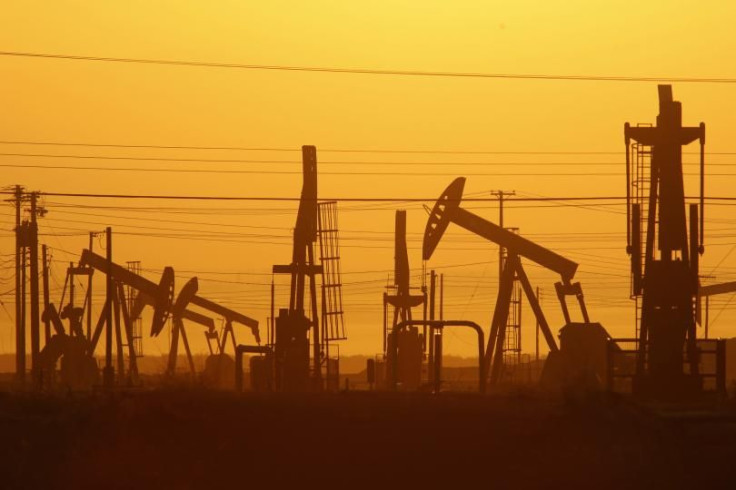What Is Fracking? Regulations May Have Helped Decrease Earthquakes In Central U.S., Study Says

Regulations on fracking may be helping to decrease the amount of earthquakes cause by the natural gas extraction technique and the waste produced by it.
An estimated seven million people lived or worked in risk areas in 2016, according to the United States Geological Survey. For 2017, the number dropped to just 4 million people living and working in at risk areas, mostly in Oklahoma and southern Kansas. Starting in 2015 the USGS started mapping not only the hazard of natural earthquakes but also those caused by humans.
New USGS maps identify potential ground-shaking #hazards in 2017 https://t.co/bp70DTvz57 #earthquakes pic.twitter.com/xdSutjHwPz
— USGS (@USGS) March 1, 2017
What Is Hydraulic Fracking?
Hydraulic fracturing, or fracking, is a means of natural gas extraction that involves shooting a mixture of chemicals and water underground, a byproduct of which is water that needs to be disposed of, and much of it gets shot into wastewater wells deep underground. The disruption caused by pushing the wastewater underground can cause natural formation of rocks and soil to shift resulting in tremors and in more extreme cases, earthquakes.
The fracking process is highly controversial because of the tremors it causes, as well as the threat of water contamination, so many states have put regulations or bans on the extraction method. The amount of people at risk has decreased in part to the regulations. “This may be due to a decrease in wastewater injection resulting from regulatory actions and/or from a decrease in oil and gas production due to lower prices,” said a release from the USGS.
Oklahoma experienced a magnitude 5.8 earthquake in September, the largest ever in the state’s history, although the specific cause was not determined the USGS noted that it is true that earthquakes in that area were previously triggered by wastewater injection.
While regulations on fracking are currently in place, a Trump administration and the proposal to gut the Environmental Protection Agency, or cut its funding, put those regulations at risk and it’s hard to say what the ramifications would be if the regulations were to be dissolved.
© Copyright IBTimes 2024. All rights reserved.





















